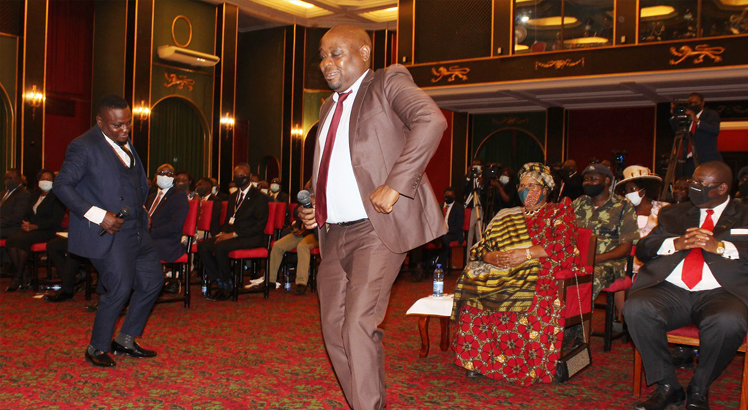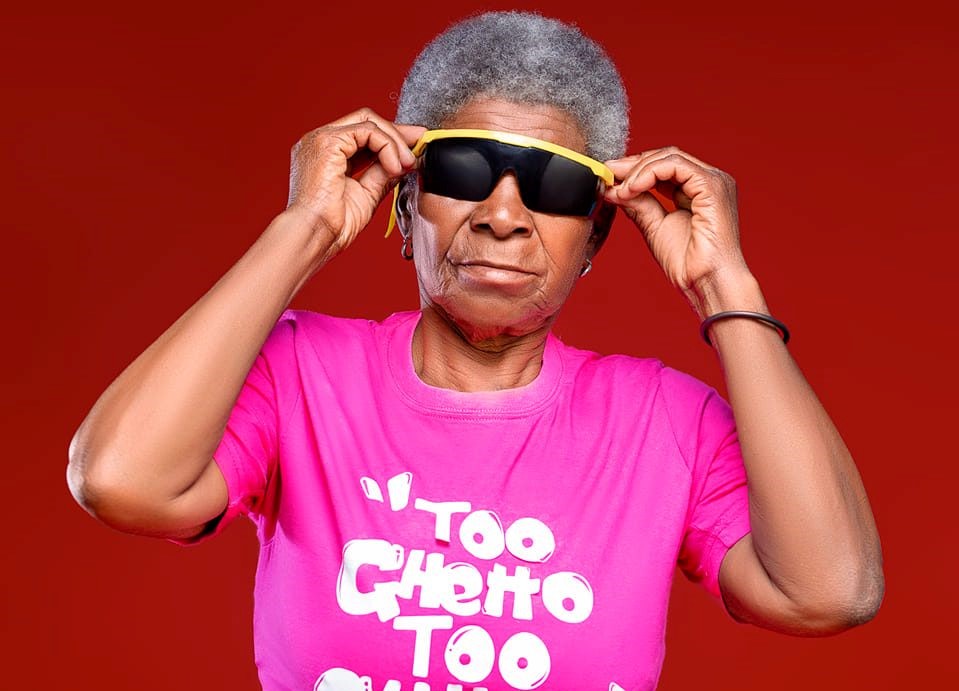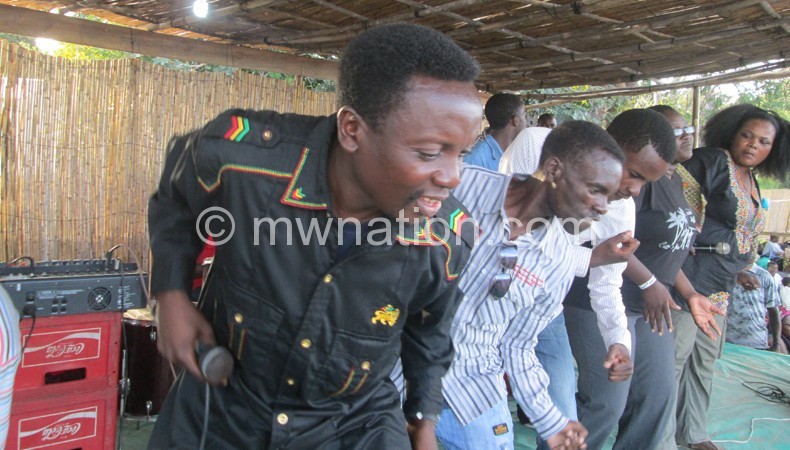The political voice in local music
Music, drama and poetry have always been used to address social and political problems societies face worldwide.
Locally, music has proved convenient for most musicians as they have time and again weighed in with their sometimes persuasive and hero-worshipping political compositions.
Since the advent of multiparty democracy in 1994, we have witnessed an increasing number of musicians take a leading role by either siding with a particular political party or giving out independent views.
After playing the role of the voice of the common man and a huge critic of the then United Democratic Front (UDF) led government, Lucius Banda later made a U-turn to deliver Yellow, one of the best political songs to date in favour of the same party.

In recent years other musicians have come in too. They include Joseph Nkasa who produced Mose Wa Lero, a forceful praise song in praise of the country’s second democratic president Bingu Wa Mutharika.
Since that composition Nkasa flip-flopped with his political allegiance and sang in praise of a number of politicians until he made an announcement that he will no longer sing in praise of a politician.
“I made some poor decisions which I am not proud of now. I exalted some human beings to a godly status which they did not deserve. I should have used such energy in praising God,” he told our sister newspaper Weekend Nation last year.
Urban musicians Dan Lu, Saul Chembezi, Tay Grin, the Nyembanyemba duo of Symon and Kendall, and Anne Matumbi also actively campaigned for political parties.
But what do their involvement in the political narrative mean to the masses? Are the positions they take believable in the eyes of the people or just regarded as a self-serving service?
Art analyst and social commentator Wonderful Mkutche said when musicians sing about politics it is taken as a means to their political ends.
“We are past the era where artists did that for people. Musicians are now afraid to sing about politics to protect their careers. When they do, it is usually about quick monetary returns,” he said.
Mkutche said the current development has reduced the space of music since art needs to express people’s experiences.
He said: “As the country is going through economic and political problems, music was supposed to be there for the people.”
On his part, University of Malawi communication and cultural studies associate professor Anthony Gunde said what Malawi is observing is actually a shift in popular culture of music from the original ways of speaking about social issues to serving personal and political interests.
“Now musicians have become enmeshed in politics and are being used for political propaganda for personal gains or their political interests,” he said.
Gunde said music in Malawi is now commodified politically such that any political song is serving the interests of certain politicians and will surely benefit the musician financially.
“This is part of manipulating the audience. When a popular musician releases a song praising one political party while dissing the other, the message sticks in people’s minds and eventually that starts affecting their reasoning,” said the communication specialist.
Malawi University of Science and Technology (Must) executive dean of Bingu School of Culture and Heritage, Robert Chanunkha, said musicians have allowed themselves to be used as pawns in a game for survival, fame and financial seeking instead of speaking to universal truths and struggles shared by the people.
He said: “If musicians take particular political stances from particular politicians they risk irritating or annoying others holding different political ideologies. In that scenario not all would benefit from the issues raised by those musicians.”
Music enthusiast and lawyer Tamando Chokotho however said if musicians sing what is on their minds, it is wrong to say they are being enticed by money. He said all human beings are political beings and use their art to communicate their inner thoughts.
He said: “Music can be used differently and as such a universal answer cannot be used for all music that touches on politics. The poetry employed by Wambali Mkandawire has remained timeless and beneficial to both politicians and masses.
“Whether the narrative by musicians is believable may vary from time to time. From the onset of democracy, a lot of musicians, just like politicians have taken an opportunistic approach and may not be trusted by the masses.”
Dan Lu has become the latest artist to release a highly-intense political song titled Tulani Pansi. The song, which was released yesterday, is an apparent dig at the Tonse Alliance government and has laid bare the administrations unfulfilled promises






One Comment